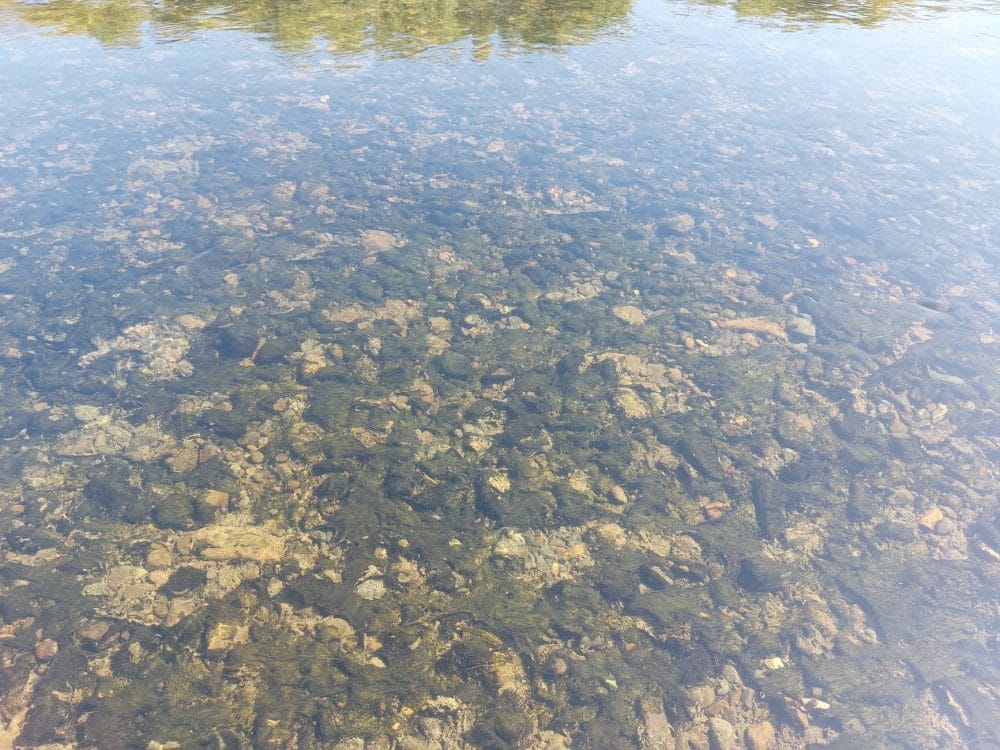Environment Southland’s latest monitoring has found elevated levels of toxic algae at Longridge Stream at Sandstone, Balfour.
Algae naturally occur in waterways and can flourish during fine conditions and stable river flows. Most algae are harmless. However, some species can produce toxins and rapidly bloom to high levels. Toxic algae is commonly identified in waterways as a dark green/brown slime on rocks, or dark brown/black mats at the water’s edge.
Environment Southland senior scientist Katie Blakemore said water users should be vigilant and avoid contact with the algae.
“Similar algae growth may be occurring in other waterways in the area.”
“These algae can produce toxins that are harmful to people and animals if swallowed, or through contact with skin. People should keep dogs on a lead and children away from affected areas. Be mindful of the potential health risks, until health warnings are removed.”
If you experience health symptoms after contact with contaminated water, visit a doctor immediately. If you are concerned that any animals have consumed toxic algae or contaminated water, they should be taken to a vet immediately.
“We monitor toxic algae monthly during the year at a number of rivers and lakes sites across Southland. Toxic algae are more likely to occur in summer, but it can happen at any time of the year.”
For further information visit Environment Southland’s website es.govt.nz/toxic-algae

